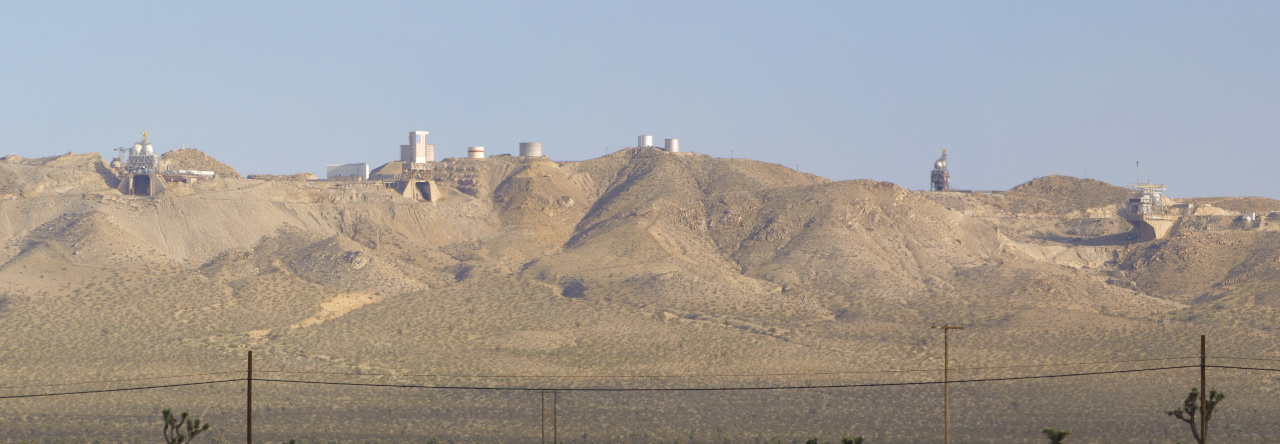In Philip K. Dick’s alternate history novel The Man in the High Castle, the Axis powers have won World War II and the former United States is occupied by Nazi Germany (in the east) and Imperial Japan (in the west), with a demilitarized zone in the middle. In this alternate-reality 1962, the Japanese have established their Greater East Asia Co-prosperity Sphere, while the Nazis have committed genocide in Russia and Africa and are sending space missions to the moon and Mars.
The Man in the High Castle is a story of historical contingency. Although it is often tempting to think of historical events as inevitable, they usually are not. It was not inevitable that the Allies would win World War II, or that they would win in the way that they did. There were many possible outcomes.
Dick shows this by introducing an alternate history novel within his alternate history novel. The Grasshopper Lies Heavy, written by an author in the demilitarized Rocky Mountain States, narrates an Axis defeat, but not what actually happened in our world. President Roosevelt does not seek reelection for an unprecedented third term in 1940 (as he did in real life), but instead he is succeeded by Rexford Tugwell, who cunningly saves the US fleet from destruction in Pearl Harbor and leads the country to victory against the Axis. At the end of the war, Adolf Hitler is tried and executed (rather than committing suicide in his Berlin bunker).
Some of Dick’s characters doubt the possibility of an Allied victory in World War II, but we the readers know that it was not only possible, it happened in real life.





Leave a Reply